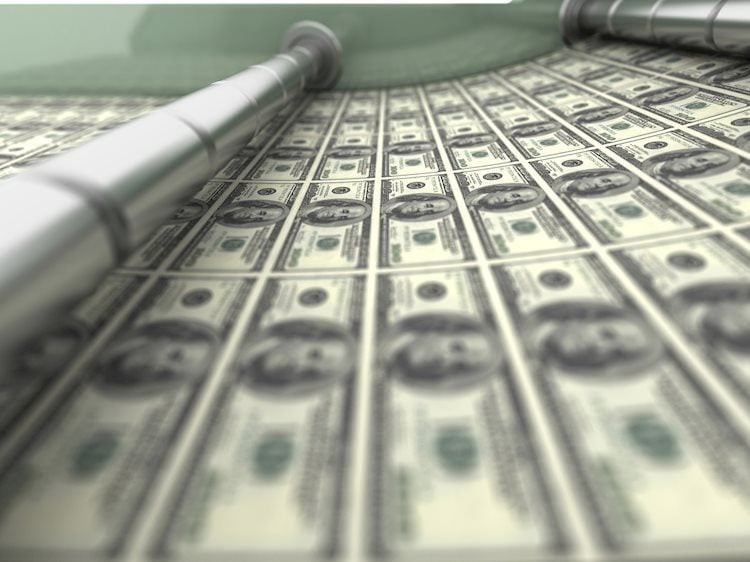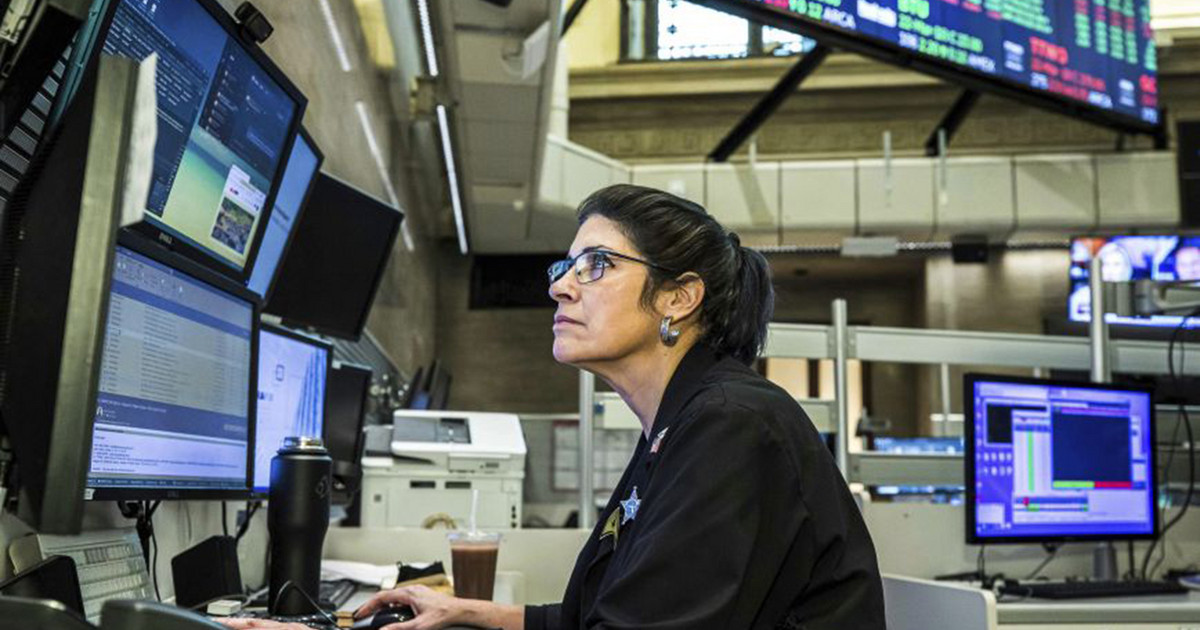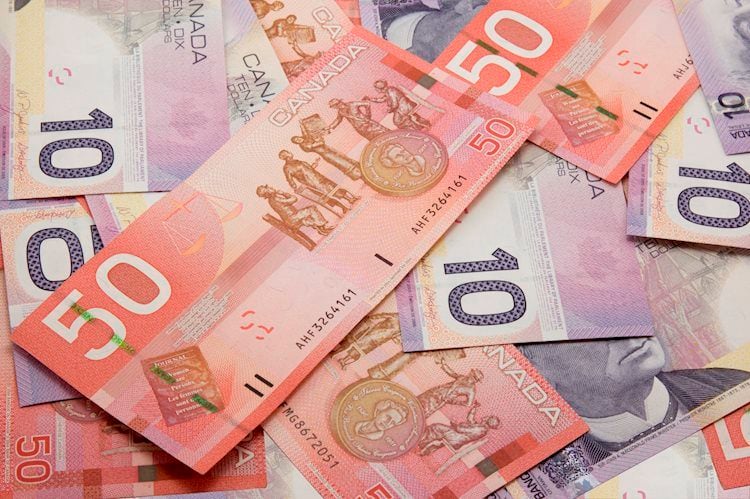Wall Street indices ended Monday’s session marginally mixed and mixed, despite a strong start, with investors on hold awaiting Wednesday’s latest US inflation data to chart their next moves.
The first session of the week started with the US market reacting and the indexes posting gains of around 1%, but the buying mood faded very quickly as investors appeared to weigh on the one hand the unexpected resilience of the labor market of USA and on the other hand the possibility of continued aggressive tightening by the Fed to deal with inflation.
Investors had hoped on the one hand that the data would show that the US labor market remains strong, challenging signs of a slowing economy, which it did. At the same time, however, the impressive resilience of the labor market shown in Friday’s data dampened hopes that the Fed may end its aggressive rate hike cycle soon, according to Morgan Stanley equity analyst Michael Wilson.
Thus, investors today decided to take a wait-and-see attitude while waiting for data from the inflation front on Wednesday. According to the average estimate of analysts at “Dow Jones”, the consumer price index (CPI) is expected to show a slowdown to 8.7% in July from a 40-year high of 9.1% it showed a month ago.
“While it is clear that the Fed must continue to tighten monetary policy, there are still about six weeks until its next meeting, and we remind investors that economic data can change very quickly,” said Robert Schein of Blanke Schein Wealth. Management.
“The CPI data will help confirm whether the Fed’s tightening efforts have been successful in starting to lower inflation, or whether tighter tightening is needed,” he adds.
After the extremely strong labor market data, however, US interest rate futures have fully reversed, now giving a 68.5% chance of a 75 basis point hike at the Fed’s September meeting, up from about 41% before the payrolls report. of July.
In a first positive sign, however, inflation expectations eased significantly in July, as a New York Fed survey found consumers expect it to run at a rate of 6.2% next year and 3.2% over the next three years.
While the numbers are still remarkably high relative to the long-term trend, they are still a big drop from the survey’s corresponding readings in June, at 6.8% and 3.6%.
Indicators – statistics
Amid this climate, the Dow Jones industrial average rallied marginally today, adding just 29.07 points, or 0.09%, to end the day at 321,832.54, a breather from the 32,877 threshold that marks the index’s exit. of high capitalization from the bear market area.
In contrast, the broader S&P 500 closed with small losses of 0.12%, at 4,140.30 points, while the technological Nasdaq showed a similar performance, which ended the day at 12,644.46 points, 0.10% lower.
The composition of the blue chips index is also slightly positive, with 18 stocks ending the session up and 12 recording losses. The highest gains were shown by the titles of Walt Disney with +2.33%, Dow Inc. me 1.28% and Walgreens Boots Alliance +1.26%, while losses were led by JPMorgan with -1.22%, followed by Visa (-1.18%) and McDonald’s (-0.94%) .
Elsewhere, Bed Bath & Beyond took the spotlight today, posting an impressive jump of nearly 40%, with the stock enjoying the attention of reddit’s micro-investors, who via photome WallStreetBets are moving in concert on stocks.
Instead, sellers were targeting Nvidia shares today, which fell 7.7% after it reported lower-than-expected revenue and revised down its Q4 estimates.
Shares of Palantir did the same, plunging more than 12% after it reported unexpected adjusted losses and lowered its revenue expectations.
In other news, the US Senate on Sunday passed a $430 billion bill to fight climate change, lower drug prices and raise some corporate taxes.
“Overall the bill is positive,” comments Thomas Hayes of Great Hill Capital LLC.
“The biotech and pharmaceutical industries are expected to recover from some uncertainty because (the bill) was less damaging than first estimated as it relates to drug price negotiation,” he explains.
According to him, many companies may accelerate their share buybacks as they now have an incentive to catch the 1% tax.
Source: Capital
I am Sophia william, author of World Stock Market. I have a degree in journalism from the University of Missouri and I have worked as a reporter for several news websites. I have a passion for writing and informing people about the latest news and events happening in the world. I strive to be accurate and unbiased in my reporting, and I hope to provide readers with valuable information that they can use to make informed decisions.






